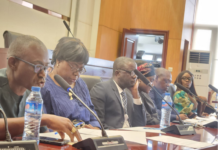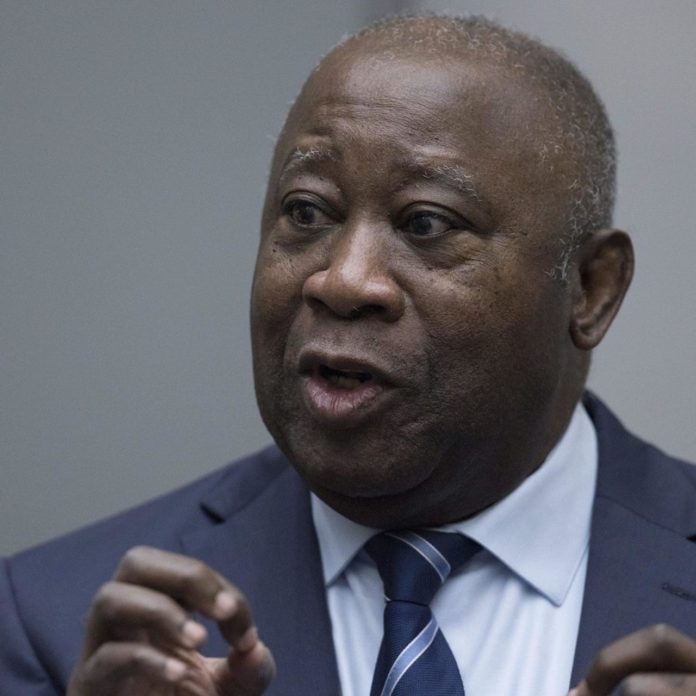The African Peoples’ Party – Côte d’Ivoire (PPA-CI), led by former President Laurent Gbagbo, has formally rejected the outcome of the October 25 presidential election and announced its withdrawal from the upcoming legislative polls scheduled for December 27.
The announcement was made in a communiqué issued following an Ordinary Central Committee meeting held on November 6 in Abidjan. The party described the presidential vote as lacking democratic legitimacy, characterizing it as “fraudulent,” “prefabricated,” and a “true institutional heist.”
The PPA-CI’s stance aligns with its previously stated concerns over what it views as an authoritarian consolidation of power and a persistent absence of electoral transparency.
This move marks a divergence from the Democratic Party of Côte d’Ivoire (PDCI), a key opposition ally, which has reportedly opted to participate in the legislative contest despite expressing similar reservations about the presidential process.
The PPA-CI also condemned what it described as “brutal repression” of demonstrators opposing a fourth presidential term, extending condolences to affected families and expressing solidarity with the injured. The village of Nahio was singled out as a symbol of resistance and sacrifice.
The communiqué further expressed “total and unwavering support” for political detainees, demanding their “immediate, total, and unconditional release.”
A significant portion of the statement focused on the recent arrest of PPA-CI Vice-President Damana Adia Pickass, who was reportedly detained days earlier on allegations of inciting “popular insurrection” in connection with pre-election unrest.
The party denounced the arrest as “unjust, politically motivated, and contrary to the rule of law,” and confirmed that legal counsel has been retained for his defense.
The PPA-CI reaffirmed its commitment to a “peaceful, democratic, and patriotic struggle” aimed at restoring popular sovereignty, upholding the rule of law, and reimagining Côte d’Ivoire’s social contract.























